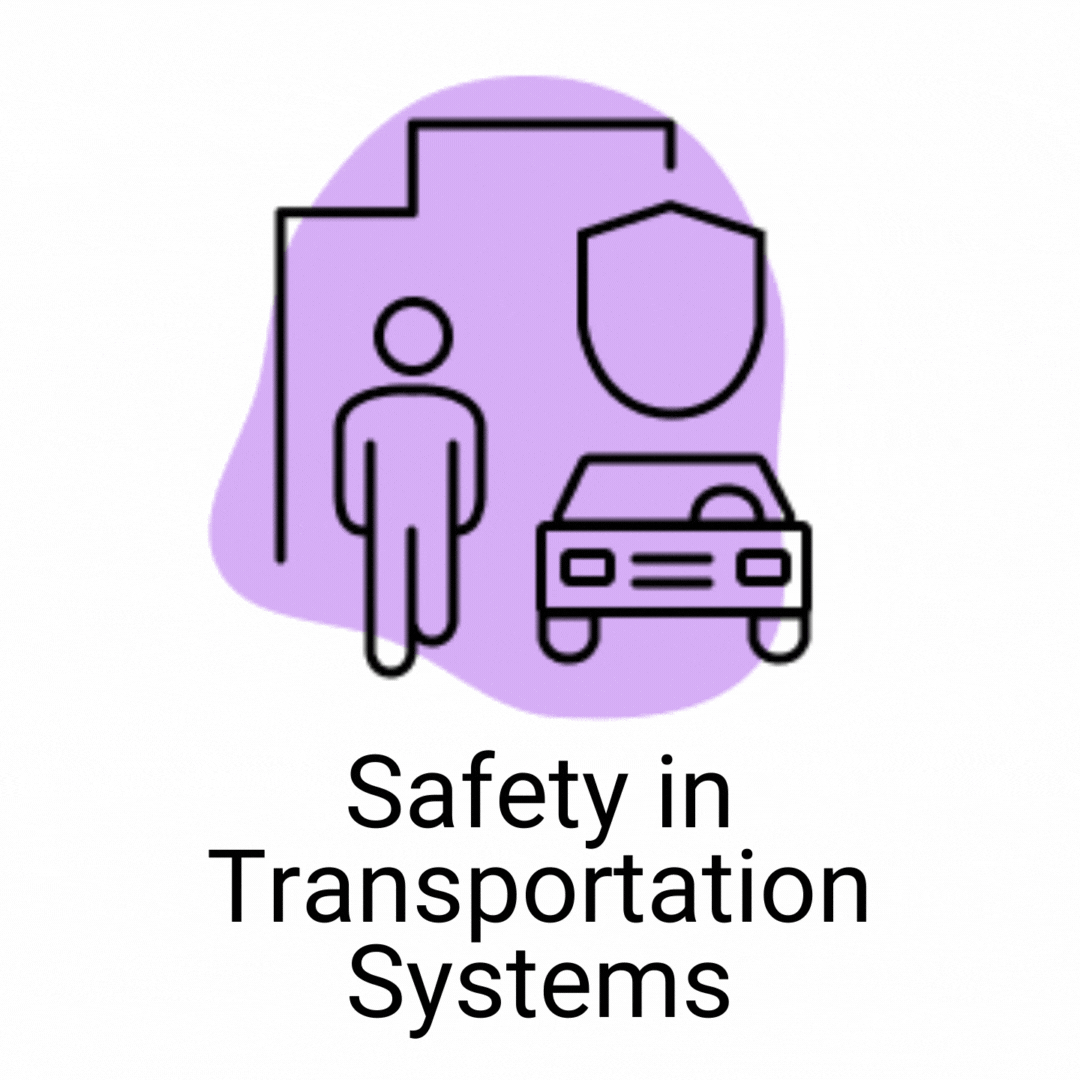The objective of this work is to provide an attack-resilient framework for connected and autonomous vehicles against malicious attacks that can cause failures and/or disruption of service in both transportation and information networks and the interactions among them. In particular, the goal of this project is to enable the system to satisfy stricter system safety and performance requirements, increasing tolerance against attacks and enabling lesser degradation under disruptive attack scenarios. The research team aims to:
- Develop a suitable algorithm to fuse the data collected from the other CAVs in the network in order to produce a reliable estimation of the traffic evolution in the area
- Design a control logic that uses the outcome of the sandbox simulation to distinguish between good and malicious data
- Design mitigation measures and analyze how they increase the resilience of the transportation systems against the impacts of cyber intrusions





